Empires in Indian History and Other Essays
This book follows the trajectory of imperial formations from the millennial state of the Indus civilisation to the comparatively short-lived imposition of the British-Indian empire. The subsequent two essays deal with the historical role of armament and the emergence of a state society which provided a durable support to various realms. This is followed by a comparative study of the strategies of imperial consolidation of Akbar and Philip II of Spain. The next essays turn to modern history, beginning with a comparison of Gandhis and Nehrus visions of India. The rural roots of Jharkhand are then traced in terms of the history of tribal and peasant revolts in this remote region of India. A cross-national study of the experiences of post-imperial nations introduces a new perspective. Many nations had to give up their colonies after 1945 and there have been intense debates within these nations in recent years but hardly any attempts have been made to analyse the similarities and contrasts of these debates. Further essays deal with the de-industrialisation of India, the fate of Mumbai and the process of nation-building in India under British rule. The British contributed to this process unwittingly as they did not believe that an Indian nation really existed. Max Muller, the German indologist who was a friend of Indian nationalists and influenced the debates of his times in the fields of linguistics and comparative religion is the subject of the penultimate essay while the last one is devoted to Gandhis.
Get it now and save 10%
BECOME A MEMBER

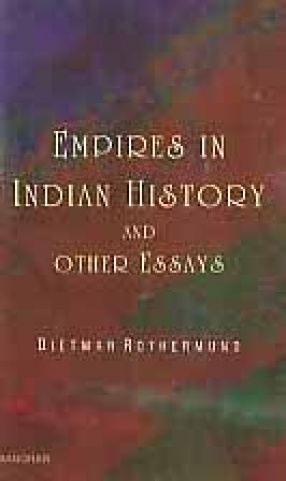
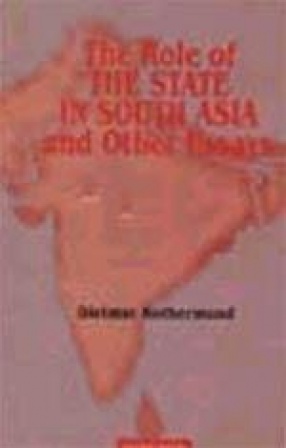

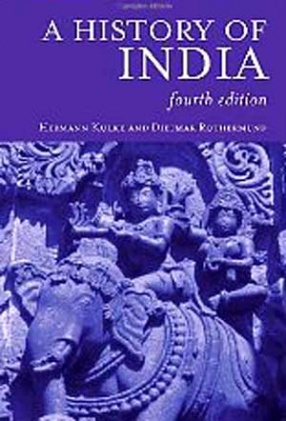
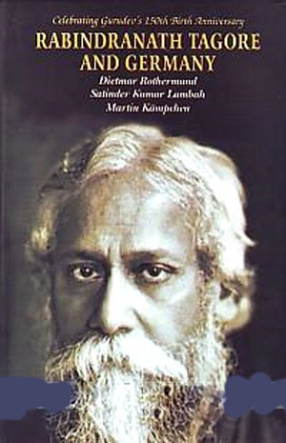

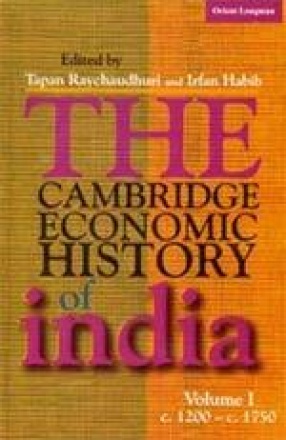
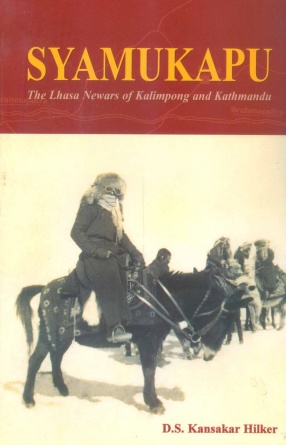

Bibliographic information